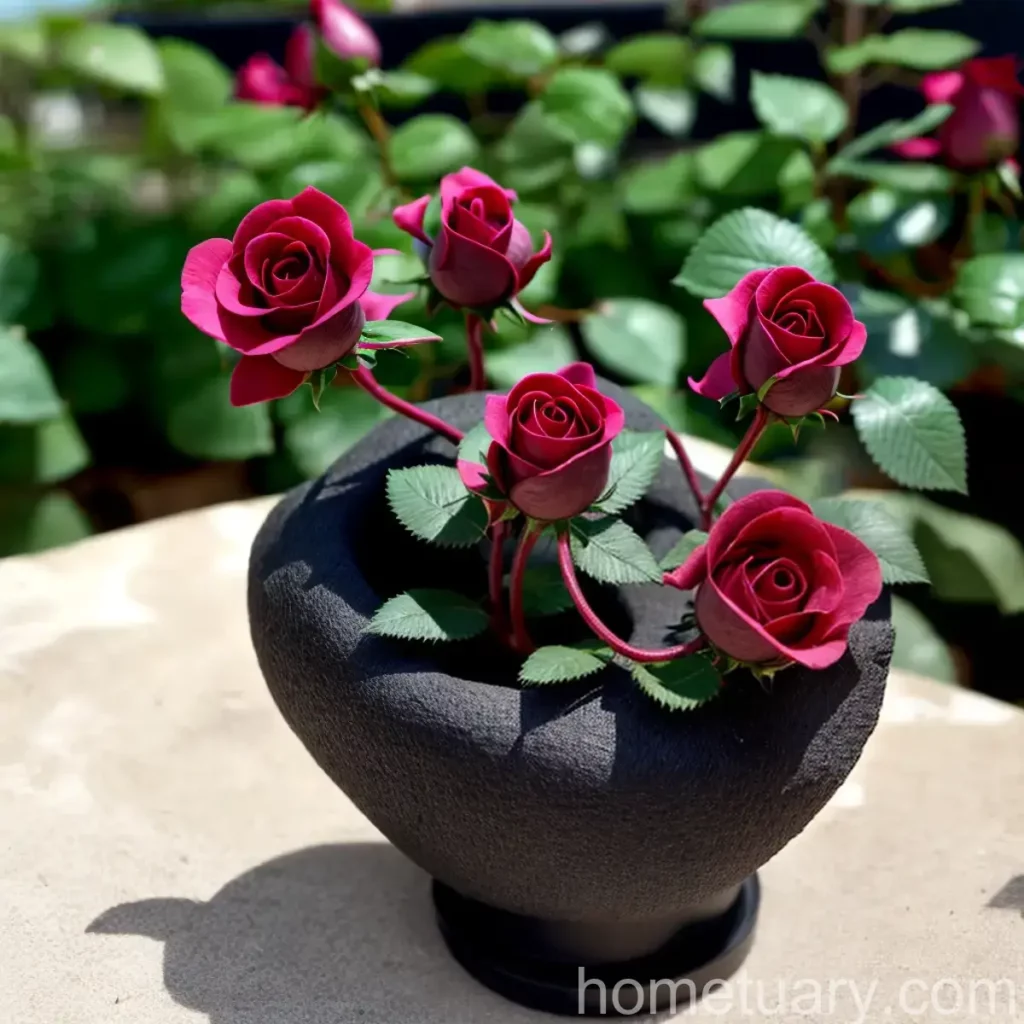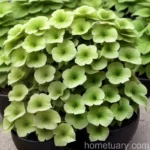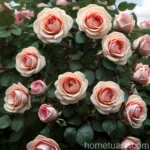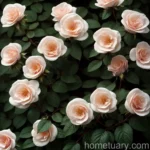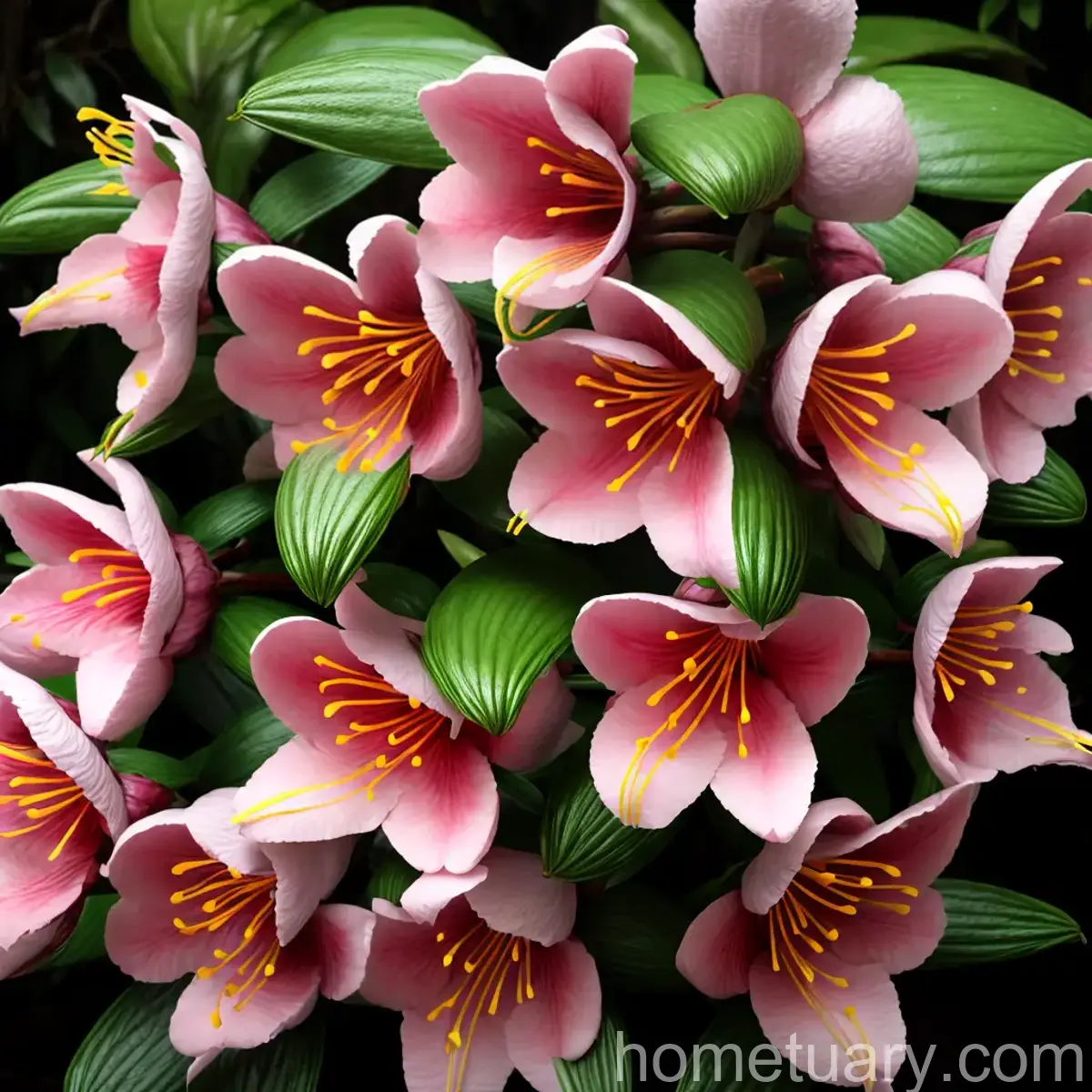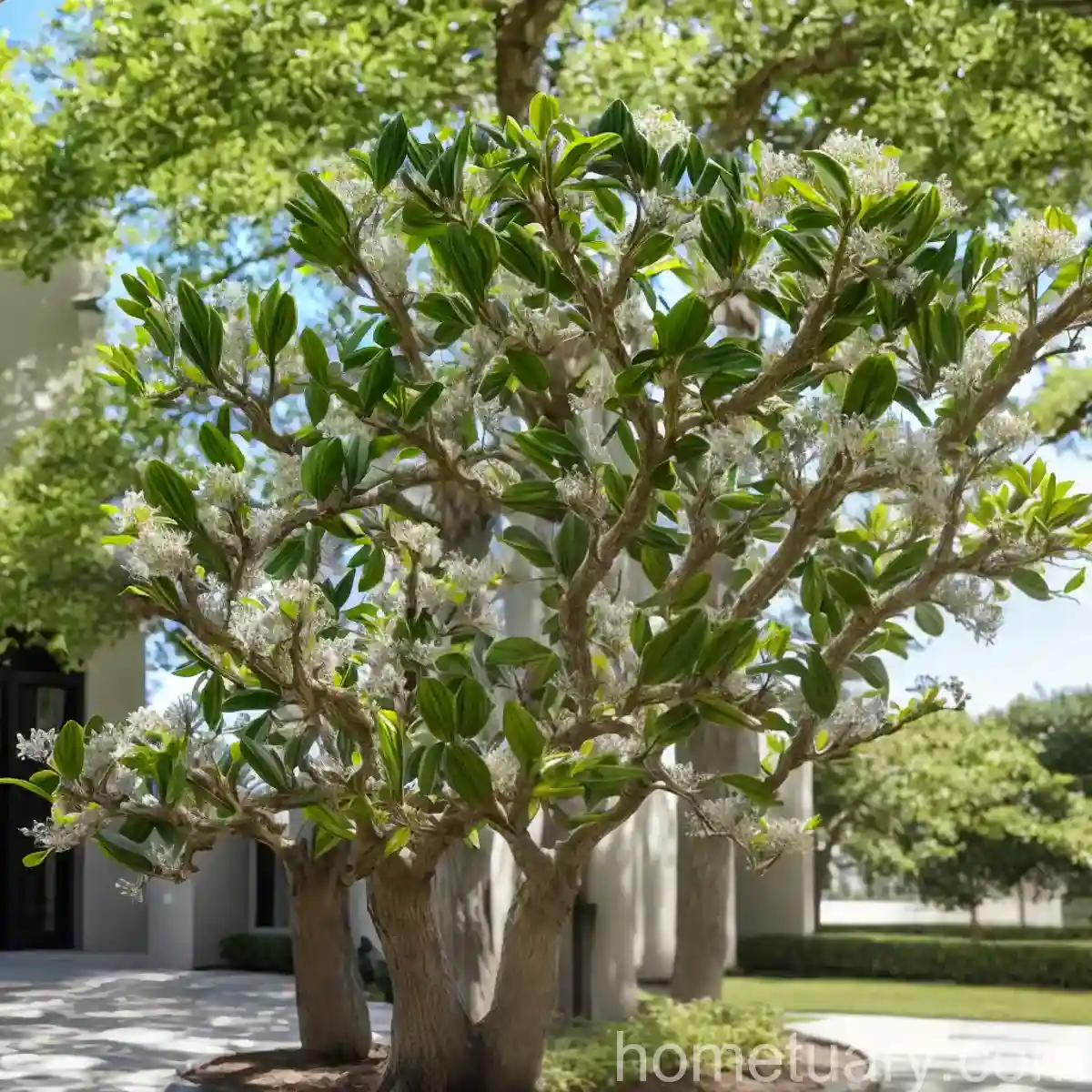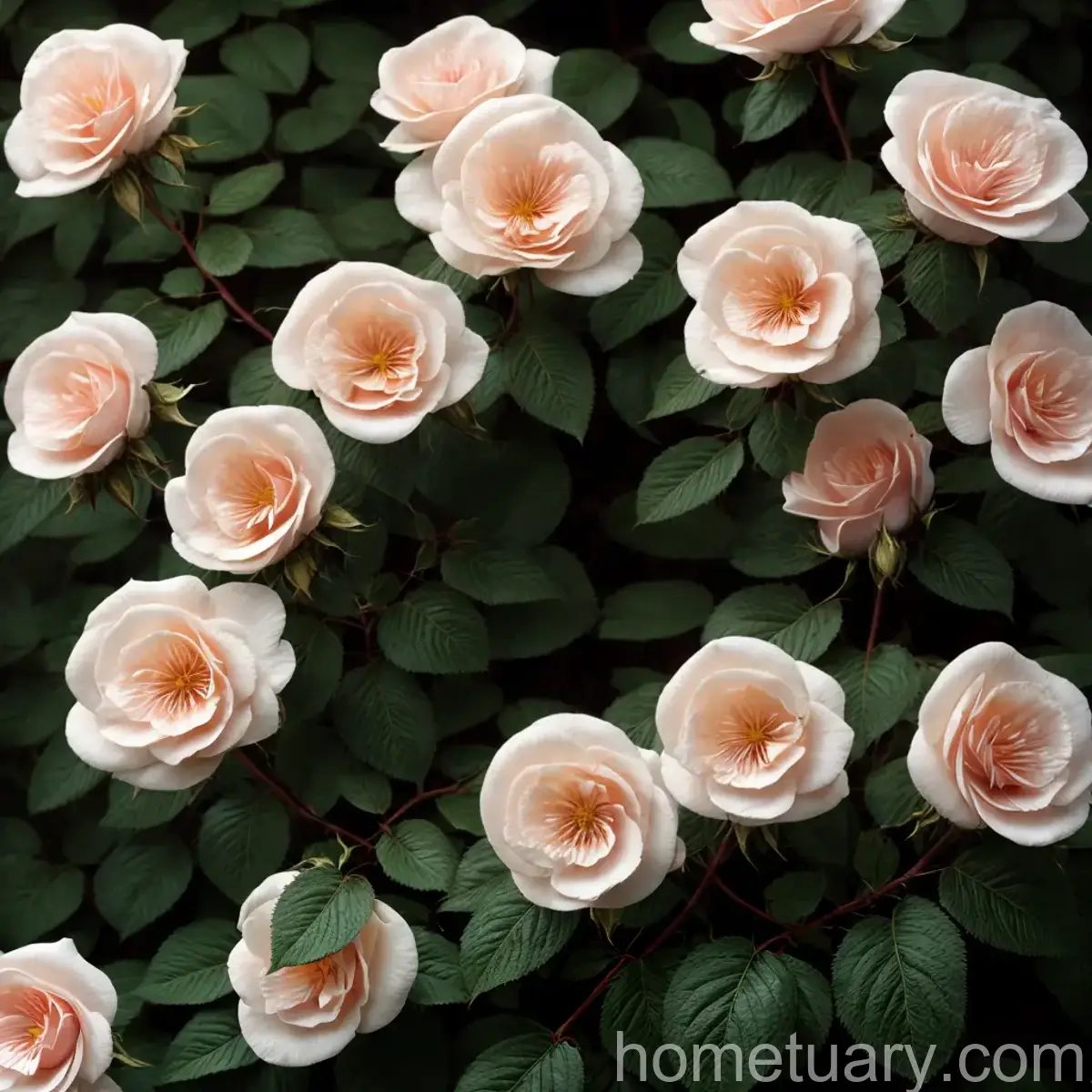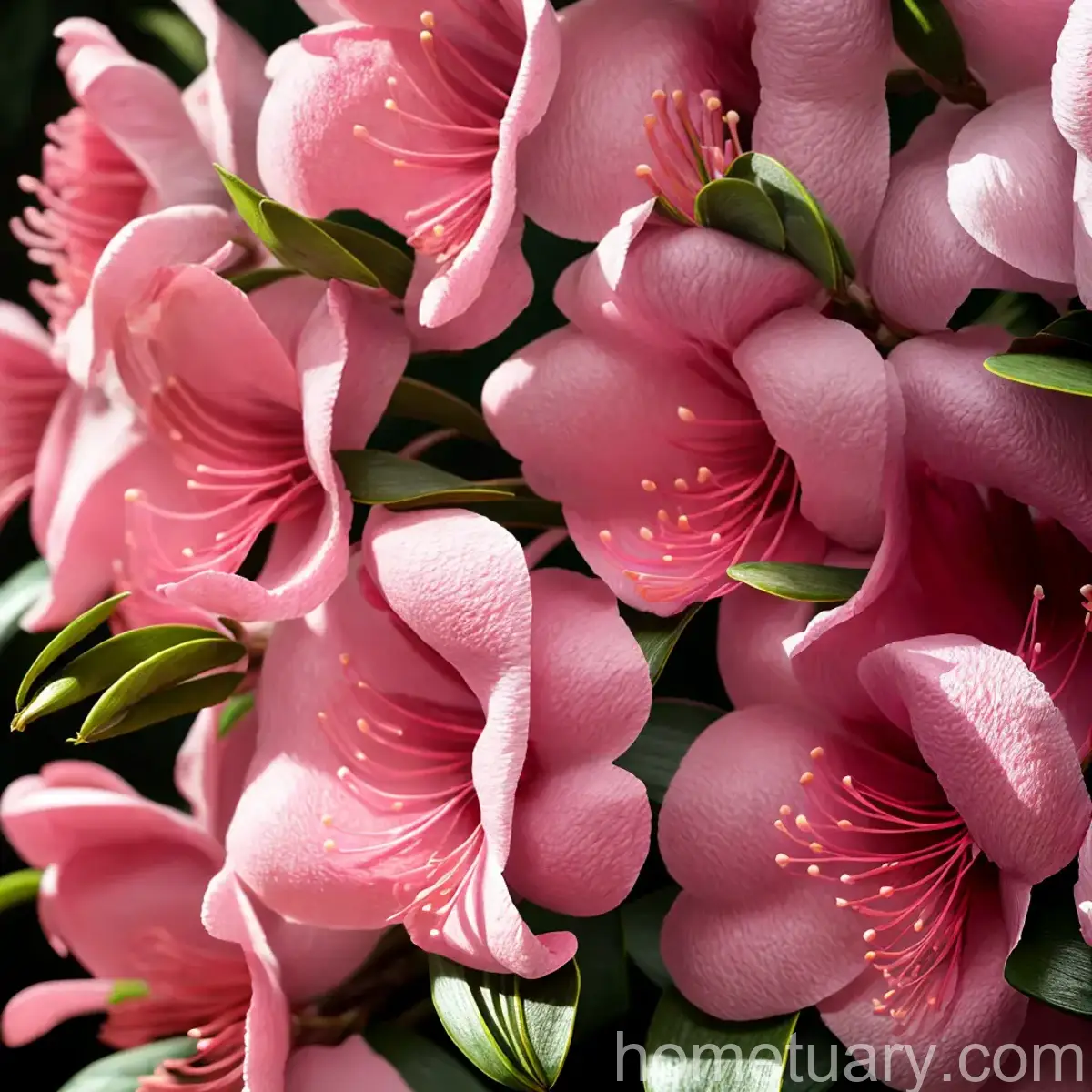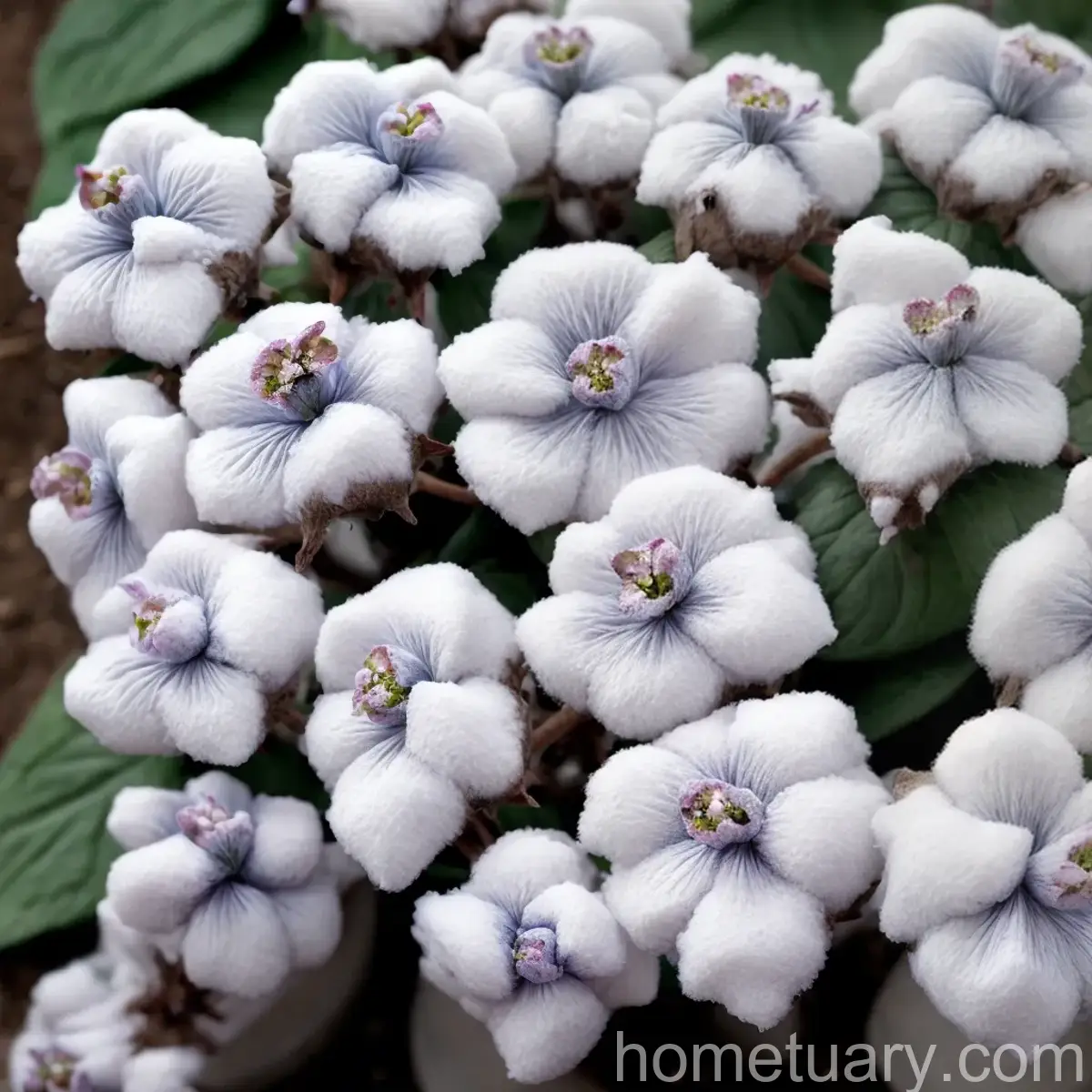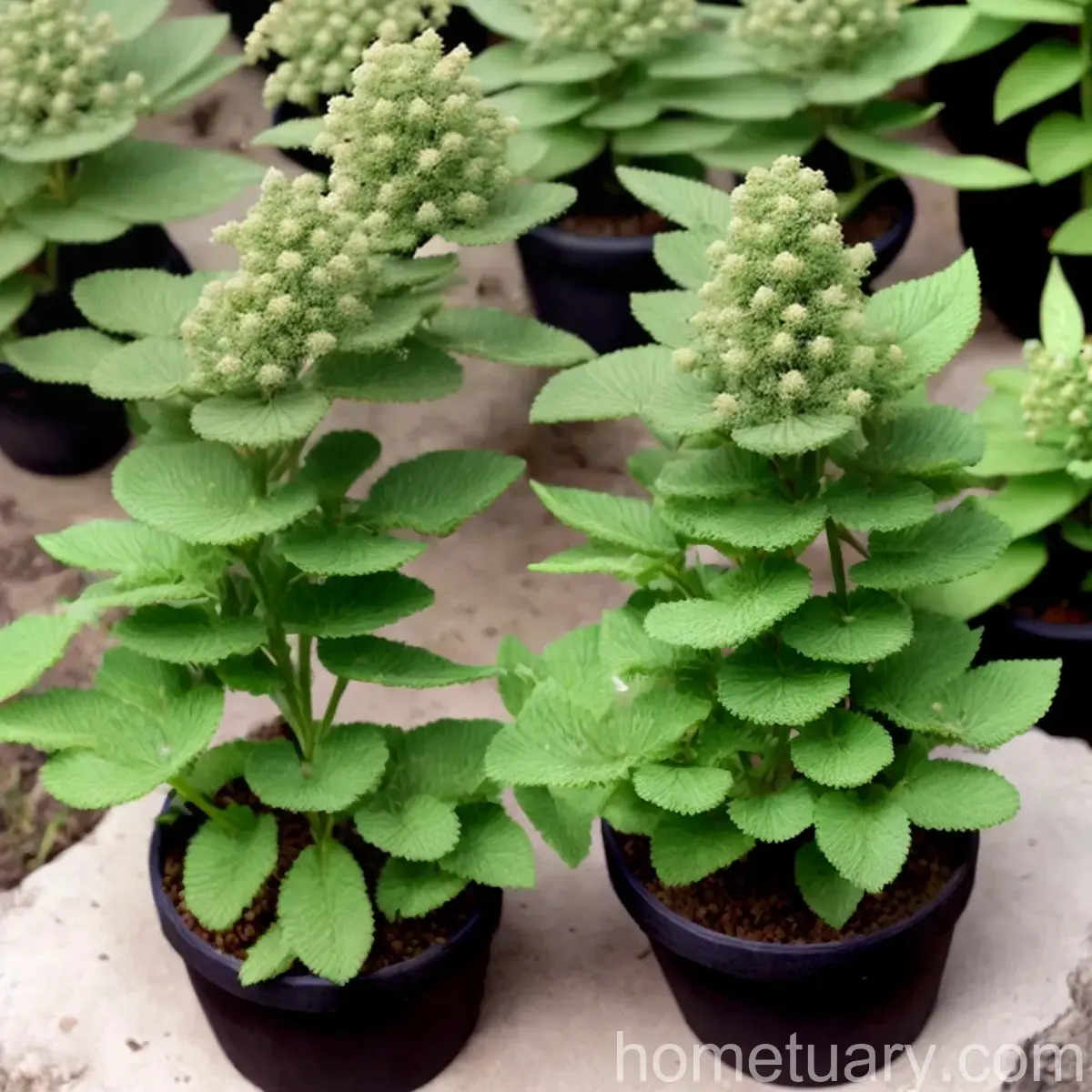Miniature Rose (Rosa ‘Benblack’ BLACK JADE)
Gardening is not just a hobby, it’s a passion, a lifestyle. The joy of nurturing a seed and watching it grow into a beautiful plant is unparalleled. If you are a gardening enthusiast looking to add a touch of elegance and charm to your garden, then miniature roses are an excellent choice. In this article, we will delve into the captivating world of miniature roses, with a specific focus on the exquisite Rosa ‘Benblack’ BLACK JADE variety. We will explore its culture, care, uses, and much more. So let’s embark on an insightful journey into the enchanting realm of miniature roses!
What is a Miniature Rose?
Understanding the Black Jade Variety (Rosa ‘Benblack’ BLACK JADE)
The miniature rose, scientifically known as Rosa, belongs to the Rosaceae family. Specifically, the ‘Benblack’ BLACK JADE variety is renowned for its striking dark blooms and compact size. These miniature roses are a diminutive version of their larger counterparts, making them an ideal choice for those who have limited space but still want to enjoy the beauty of roses.
Key Takeaways – Miniature Rose (Rosa ‘Benblack’ BLACK JADE)
Characteristics
- Dark and captivating blooms
- Compact size
- Ideal for small spaces
- Delicate fragrance
Cultivation and Uses
- Ideal for borders, containers, and edging
- Adds elegance to gardens and landscapes
- Suitable for both indoor and outdoor cultivation
- Perfect for gifting and decorative arrangements
Now that we have a basic understanding of the Black Jade rose variety let’s explore its culture, care, and maintenance requirements in detail.
Culture
Water
Proper watering is essential for the healthy growth of miniature roses. Here are some important watering tips for Rosa ‘Benblack’ BLACK JADE:
– Water the plants thoroughly, ensuring that the water penetrates the soil and reaches the roots.
– Avoid frequent shallow watering, as it can lead to shallow root development.
– Mulching can help in retaining soil moisture and regulating the temperature around the roots.
Sunlight
Adequate sunlight is crucial for the overall development and blooming of miniature roses. Here are the sunlight requirements for growing Black Jade roses:
– Place the plants in an area that receives at least 6-8 hours of direct sunlight per day.
– Avoid overcrowding, ensuring that each plant has ample space to receive sunlight.
– Regularly monitor the sunlight exposure, especially in extreme weather conditions, to prevent sunburn on the leaves.
Fertilizer
Proper fertilization can significantly enhance the growth and blooming of miniature roses. Here are some fertilizing tips for Black Jade roses:
– Use a balanced, water-soluble fertilizer with a higher concentration of phosphorus to promote blooming.
– Apply the fertilizer as per the manufacturer’s instructions, usually every 4-6 weeks during the growing season.
– Consider using organic fertilizers for a more sustainable and eco-friendly approach.
Soil
The right soil composition is vital for the healthy growth and blooming of miniature roses. Here are some guidelines for choosing the best soil for Rosa ‘Benblack’ BLACK JADE:
– Opt for well-draining soil with good aeration to prevent waterlogging.
– Consider adding organic matter such as compost or peat moss to improve the soil structure and fertility.
– Regularly check the soil pH, aiming for a slightly acidic to neutral range (pH 6.0-7.0) for optimum growth.
Pruning
Pruning is essential to maintain the shape, health, and blooming potential of miniature rose bushes. Here are some pruning techniques for Black Jade roses:
– Use clean, sharp pruning shears to remove dead or faded flowers, promoting continuous blooming.
– Prune the plants in early spring to eliminate weak or damaged canes and encourage new growth.
– Maintain an open and airy structure by removing overlapping or crossing branches.
Propagation
Traditional Methods
Miniature roses can be propagated through various methods such as:
- Cuttings: Collect healthy stem cuttings and root them in a suitable growing medium to establish new plants.
- Division: Divide mature plants into separate sections, ensuring that each division has a good root system for successful transplantation.
- Layering: Encourage the formation of new roots on the stems while they are still attached to the parent plant, before separating them to form independent plants.
Container Gardening
Miniature roses are ideal for container gardening, offering versatility and convenience. Here are some container-related tips for growing Rosa ‘Benblack’ BLACK JADE:
– Select well-draining containers with adequate drainage holes to prevent waterlogging.
– Use a high-quality potting mix with added perlite or vermiculite for improved aeration.
– Place the containers in locations that fulfill the sunlight requirements of miniature roses.
Popularity
The popularity of miniature roses, especially the captivating Black Jade variety, has been steadily increasing. Their compact size, beautiful blooms, and versatility in landscaping and decorative arrangements have made them a sought-after choice for gardening enthusiasts. Whether used as borders, edging, potted plants, or decorative accents, miniature roses have gained widespread admiration among gardeners and rose enthusiasts alike.
Common Diseases and Pests
Disease Diagnosis
Miniature roses, including the Black Jade variety, are susceptible to certain diseases that can affect their overall health and blooming. Here are some common diseases and their symptoms:
- Powdery Mildew: A fungal disease characterized by the development of powdery white spots on the leaves and stems.
- Black Spot: Identified by the presence of circular black spots on the leaves, often leading to defoliation.
- Botrytis Blight: Causes the formation of greyish-brown mold on the flowers and stems, particularly in humid conditions.
- Rust: Manifests as orange or rust-colored pustules on the undersides of leaves, leading to leaf distortion and premature dropping.
Disease Prevention
Preventive measures can help in reducing the risk of diseases in miniature roses. Here are some tips for disease prevention:
- Proper Air Circulation: Ensure adequate spacing between plants to promote air circulation and reduce humidity levels.
- Sanitation: Regularly remove fallen leaves and debris to prevent the spread of fungal spores.
- Fungicidal Treatments: Apply appropriate fungicides preventatively, especially during periods of high humidity or prevalent disease conditions.
Common Pests
Miniature roses can also be affected by various pests, including:
- Aphids: Small, soft-bodied insects that feed on plant sap and excrete honeydew, leading to stunted growth and distorted foliage.
- Spider Mites: These tiny arachnids cause stippled leaves and fine webbing, particularly under dry and hot conditions.
- Thrips: Thrips are slender insects that feed on flower buds and young leaves, causing silvering or bronzing of the affected tissues.
Pest Management
Integrated pest management techniques can effectively control pests in miniature roses:
- Biological Control: Encourage the presence of beneficial insects such as ladybugs and lacewings that feed on aphids and other pests.
- Horticultural Oils: Apply horticultural oils to suffocate and control spider mites and other soft-bodied insects.
- Insecticidal Soaps: Use insecticidal soaps as a low-impact approach to manage thrips and aphids while minimizing harm to beneficial insects.
Botanist’s Tips
As a botanist, I am delighted to share some insightful tips for growing and caring for miniature roses, particularly the captivating Black Jade variety:
- Regular Monitoring: Keep a close eye on the plants for any signs of disease, pest infestation, or nutrient deficiencies.
- Balanced Nutrition: Provide a balanced and appropriate fertilization regimen to support healthy growth and continuous blooming.
- Appropriate Pruning: Adhere to proper pruning techniques to maintain the shape, vigor, and flowering potential of miniature rose bushes.
- Optimal Environmental Conditions: Create an environment that fulfills the sunlight, water, and soil requirements of miniature roses for optimal health and blooming.
Fun Facts
- The Black Jade rose variety is named for its dark, almost black, petals, creating a visually stunning and dramatic display.
- Miniature roses are not just limited to outdoor gardens; they also thrive as indoor plants, bringing a touch of elegance to interior spaces.
- The compact size and captivating blooms of Black Jade roses make them an excellent choice for creating enchanting fairy gardens and miniature landscapes.
Links to External Resources
For further information on miniature rose care, varieties, and cultivation, you can explore the following resources:
- American Rose Society
- Royal Horticultural Society – Miniature Roses
- University of Illinois Extension – Growing Roses
- The Spruce – Miniature Roses
In conclusion, miniature roses, especially the captivating Rosa ‘Benblack’ BLACK JADE variety, are a delightful addition to any garden or landscape. Their compact size, striking blooms, and versatility make them a cherished choice for both novice and experienced gardeners. By understanding and implementing the appropriate care and cultivation practices, you can enjoy the timeless beauty and charm of miniature roses in various settings, from outdoor gardens to elegant indoor spaces. Happy gardening!
For more detailed information, you can explore the following resources:
– Miniature Rose Growing Guide
– Growing Roses in Containers
– “Antiques and Roses” Scientifically and Popularly Described
– Rosa ‘Benblack’ BLACK JADE – Monrovia

